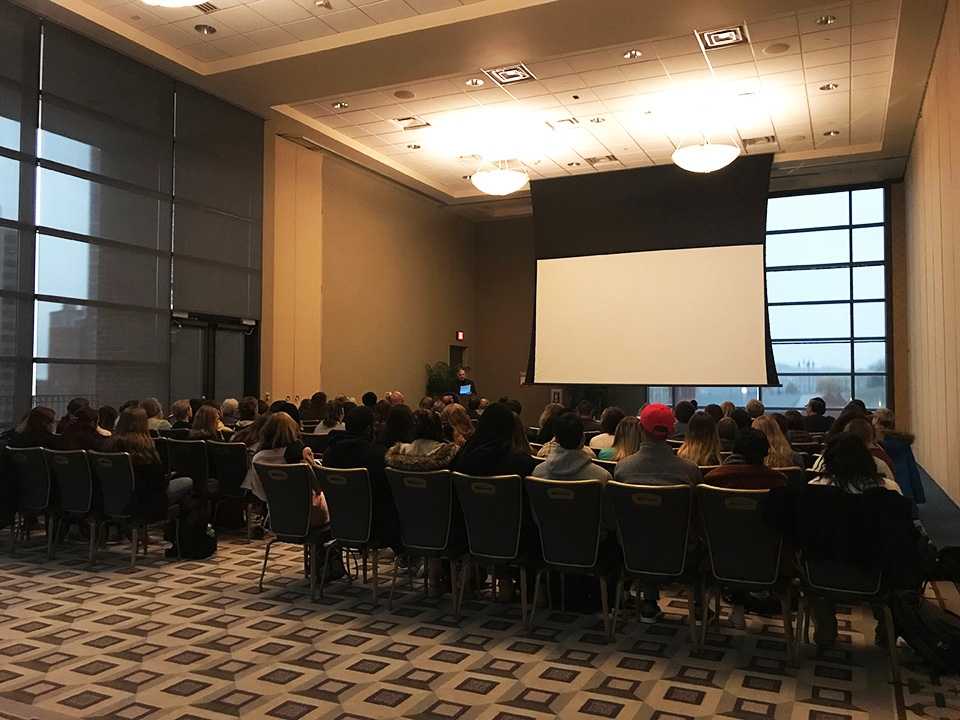Jessica Lincoln | Staff Writer
This year, the Center for Healthcare Ethics is once again offering a summer study abroad course in India. The three-week program, Research Ethics for Global Health, is set to begin on July 6 and will be based in New Delhi, with overnight excursions to Agra and Jaipur.
“In the course, students become aware of the global dimensions of healthcare, how global inequality in healthcare is maintained and what can be done about that within the area of health research,” said Joris Gielen, the director of the Center for Healthcare Ethics. “The course focus is on India and what these global processes mean to healthcare, healthcare professionals and patients in India.”
Students in the course will take classes at the All India Institute of Medical Sciences in New Delhi, studying alongside local M.D. students in palliative medicine. They will also visit local hospitals, medical research centers and palliative care programs.
The course can be used to fulfill the Social Justice and Global Diversity theme area requirements. An additional course, global bioethics, may also be taken in India at additional tuition cost, but it is not required. Global bioethics may also be used to fulfill the Global Diversity theme area requirement.
“The course may be of particular interest to students who are preparing for careers in healthcare or in health research, but is open to all students in the university including graduate students,” according to the program’s website.
A maximum of 11 students will be allowed to take the course, and they will be admitted on a first-come, first-served basis. Last year’s program admitted a group of five.
Gielen noted that the course may be of interest to any number of students, not just those pursuing careers in healthcare, as it will touch on Indian society, religion and philosophy.
In addition to interacting with local students and healthcare professionals, students will have multiple opportunities to immerse themselves in Indian culture. Sightseeing opportunities will include visits to Hindu temples, Muslim mosques, Sikh gurudwaras and ancient palaces, as well as a visit to the Taj Mahal.
“I feel there are a lot of stereotypes about India,” Gielen said. “In my experience, when you go to India, you should try to leave preconceived notions behind, because these notions are often nothing but stereotypical representations that are more burdensome than helpful.”
The course will ultimately cost three credits of tuition funds and a study abroad fee, with the tuition cost being applied to the cost of living in India. Students are responsible for the cost of a visitor visa, pocket money, vaccinations and a passport, if needed.
“On the world stage, India’s star is rising,” Gielen said.
“I will consider the course only successful if, by the end of the three weeks, students feel that they have discovered a country that in all its difference and diversity still feels welcoming and somewhat familiar.”




